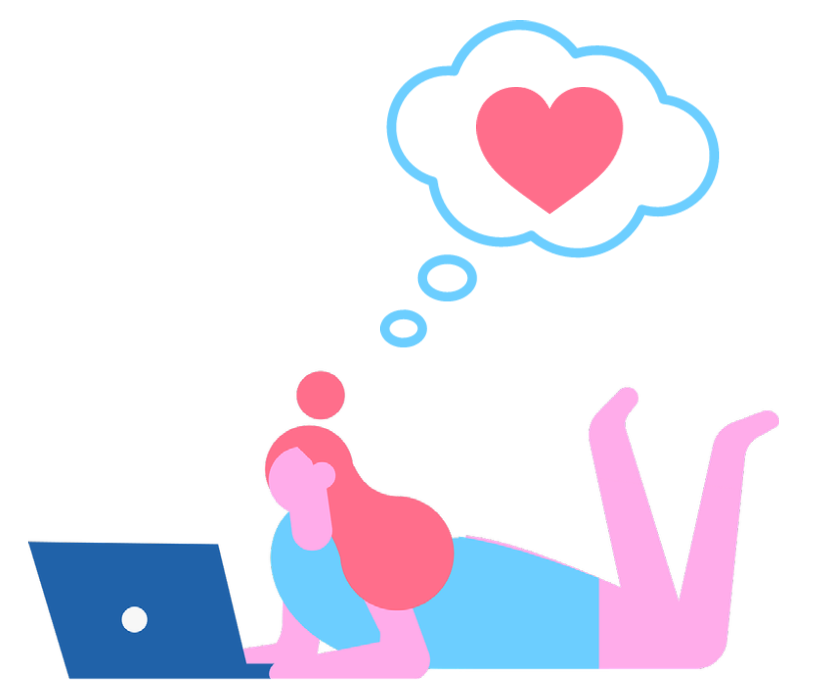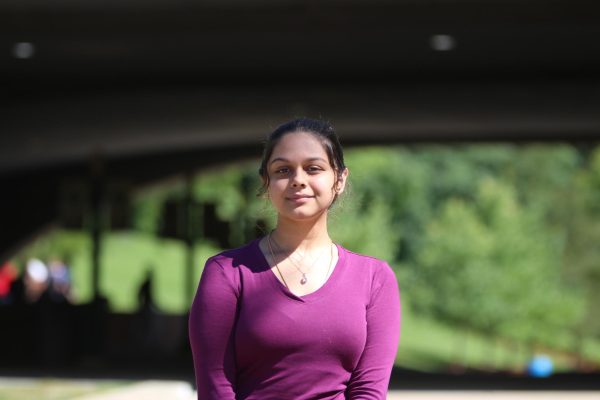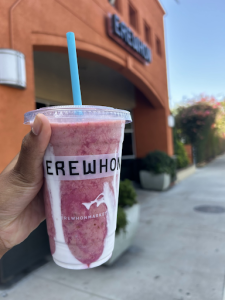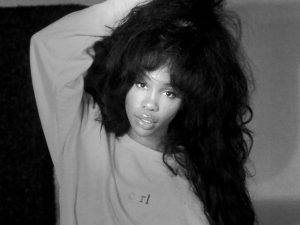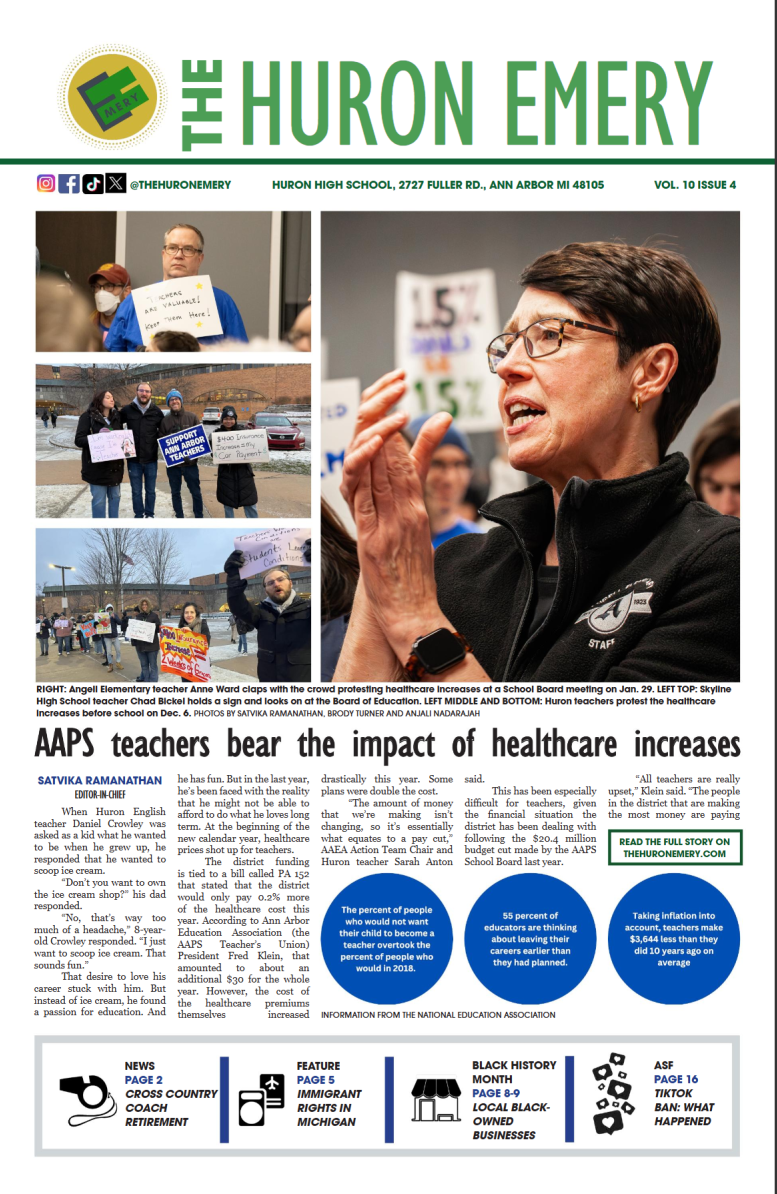Parasocial relationships: less harmful than you think
Despite being viewed as a sign of loneliness or obession, parasocial relationships can be a healthy way to express affection. Graphic by Anita Gaenko.
May 25, 2023
You feel like you know them — you could rattle off their birthday, their hometown, their pets’ names and every detail of their life. You spend hours listening to their albums, watching their movies or tracking their social media. After weeks, months or even years of investing time and energy into this person, you feel a connection with them almost like friendship. The only difference? They don’t know you exist.
This isn’t a description of the life of a stalker. It’s called a parasocial relationship — and most people have one to some degree. Celebrities, sports teams and movie stars are the most common targets, and the rise of social media, where they can share every moment of their lives, leads to this false feeling of intimacy between themselves and their fans.
People with strong investments in celebrities are usually ridiculed for the emotional energy and time that they expend. Historically, parasocial relationships were viewed as a symptom of loneliness and social anxieties. But in truth, there’s nothing wrong with a healthy parasocial relationship.
Being a fan of a celebrity expands your social sphere in a way that has no chance of rejection or judgment. It can be a relief from the pressure of mutual relationships that we have to work to maintain every day. The famous person on the other side of the screen doesn’t judge you, but you can still find joy and encouragement in being a fan. Having a parasocial relationship, or several, can give the companionship and affection of a normal friendship without any of the strain or possibility of jealousy — and it can give people the opportunity to form mutual connections with other fans.
Of course, there are pitfalls when it comes to parasocial interactions. It’s possible for an obsession to turn unhealthy. People can start to believe that the celebrity they love owes them interaction in return — and this is where the flip can switch from adoration to harassment. The intense desire to turn the parasocial relationship into a mutual one ruins the benefits of the former — now that there is a strong possibility of rejection from one’s idol, their excitement can turn to resentment and loneliness. But if people continue to live their lives finding joy in being a fan, without demanding attention from their favorite celebrities, a parasocial relationship is a harmless and even beneficial way to expand social networks and find a safe space in a connection without the chance of rejection.



